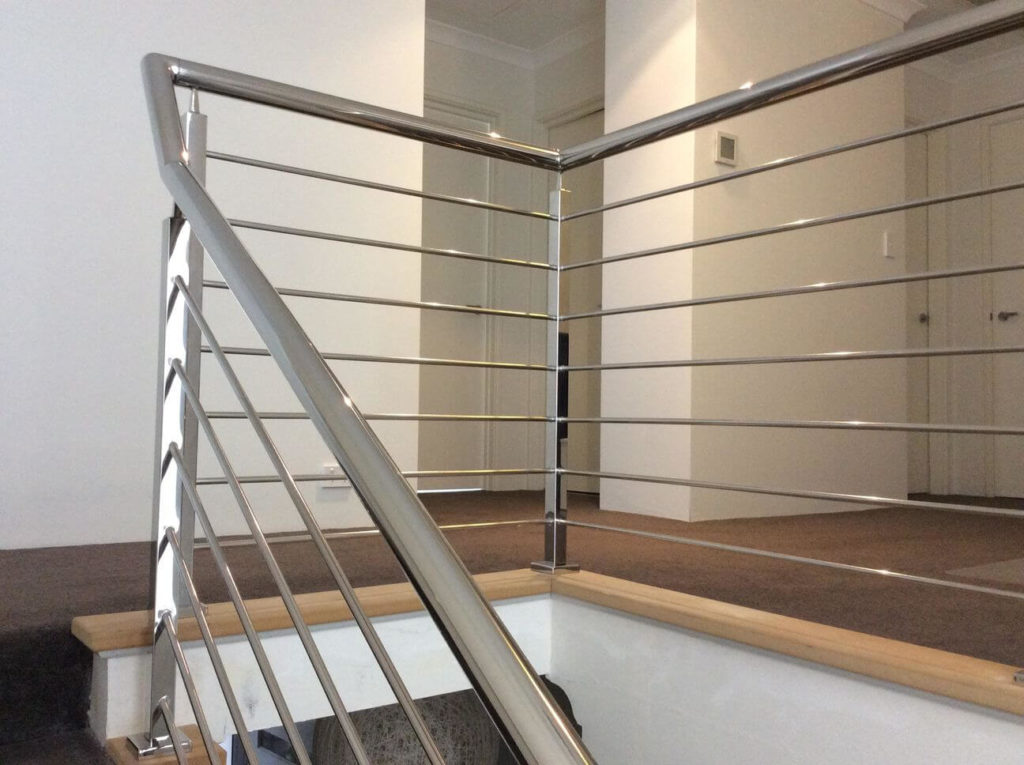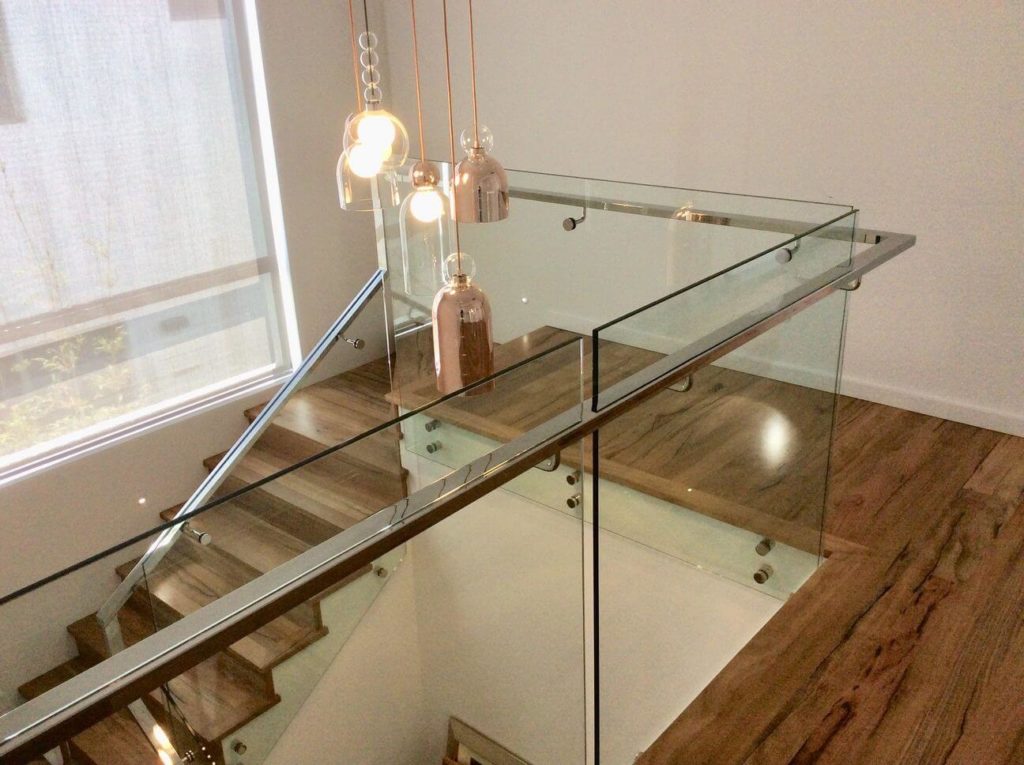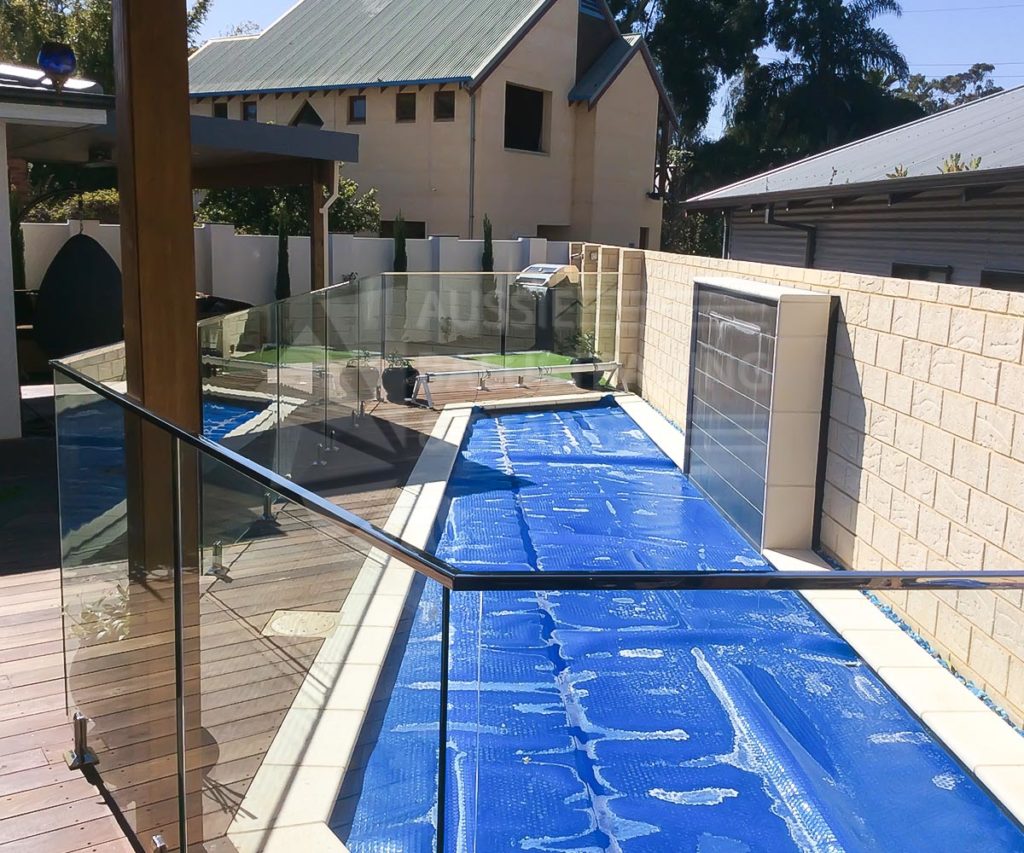A stair is a unique structure, and to design a safe, strong and secure set of steps, you need to know a lot about the material you are using. Not to mention, the materials you use will have a direct impact on the cost, quality, and longevity of your stairs.
It is important to choose the right materials for your project so that the quality of the stairs you build will last a long time. Often, the material you choose can be found in the form of either wood or steel.
Wood Stairs vs Steel Stairs: Which is the Better Choice For You?
There are pros and cons to both types of stairs, and it is essential to learn more about each type and carefully consider which would be the right choice for you and your home. Wood stairs are a classic, traditional option. They come in many varieties, can be customized to fit your design and can be made to match any home’s décor.
Pros and Cons of Wood Stairs
Pros:
The biggest pro of wood stairs is that they are very customizable. Many different kinds of wood are available and they are also available in a variety of widths, thicknesses, styles, and lengths.
Wood stairs also tend to be less expensive than steel stairs. They are very strong materials, and can be sanded and refinished many times. Homeowners can even have wood stairs refinished by professionals who have been specially trained and certified to work with certain types of wood.
A wood staircase can be easily changed to fit any design or need. Certain wood types are more prone to cracking, other types are more resistant to moisture. Be sure to choose a wood that will work for your home and that also offers the qualities you need.
Cons:
There are a few disadvantages to wood stairs. They are more susceptible to moisture and humidity than other more durable materials, especially if they are painted. The material can crack or warp if not properly maintained.
Wood stairs are also more easily damaged by pets and children. A pet with claws can easily scratch a wood staircase, and young children can also damage the material.
Another disadvantage of wood stairs is that they are not as strong and durable as steel stairs. If a large amount of weight is placed upon a wooden staircase, it can give out. Using thicker wood can help prevent this problem.
Pros and Cons of Steel Stairs
Pros:
There are many advantages to using steel stairs. They are very long-lasting, they are durable and they are very cost-effective. Steel is resistant to the elements. It can withstand dents, scratches and moisture, which are all detrimental to wood.
Steel is also a very low-maintenance material. While wood must be treated and refinished, steel can be left in its original condition and will still last for many years.
Steel stairs are also much stronger than wood stairs and are safer for families with small children or pets because the material is more resistant to damage.
Cons:
There are only a few cons to steel stairs, but they are important to note. It is very important that you choose a steel that has the necessary amount of strength.
If you choose steel that is too thin, it will not hold up well and can become damaged. On the other hand, if you choose steel that is too thick, it can become very heavy, difficult to install and expensive.
Another con of steel stairs is that they are very difficult to customize and match to a specific design. Since you are starting with a blank canvas in steel form, it’s very difficult to adjust it later to fit your needs.
The Bottom Line: Which Material is Best for You?
It really just depends on your individual needs and your home design. The most important thing to consider when choosing between steel or wood stairs is how these options will fit into the rest of your home.
How Can We Help You?
If you’re looking for custom staircase manufacturers, you’ve come to the right place. Aussie Balustrading is the leading custom staircase manufacturer in Australia. We offer steel and stainless steel stairs, wireless balustrading, glass pool fencing, and residential and commercial handrails.
Transform your home today!



